How Do I Sell Silver Coins?
14/03/2024Daniel Fisher
Free & fully insured UK Delivery. Learn more
Secure & flexible payments. Learn more

Buyback Guarantee Learn more
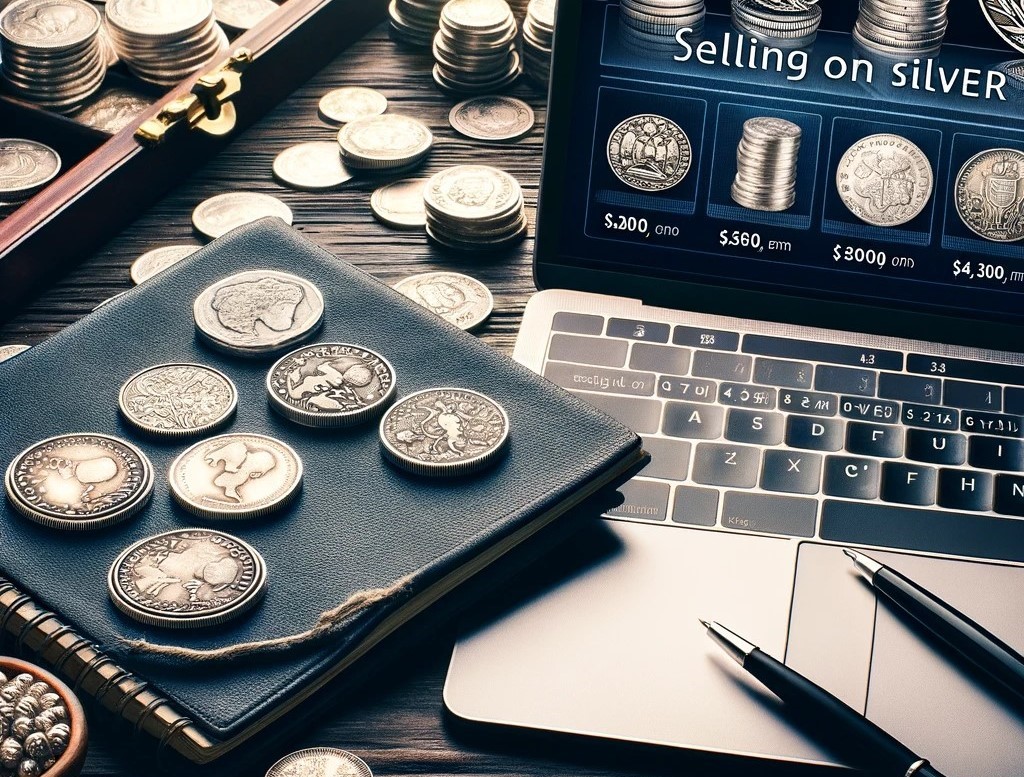
Selling silver coins at the optimum price with the least possible fuss can be more difficult than you think. You’ve seen the silver price soar and read that your coins are in demand, so how do you crystalise the highest profit?
Crucially, your preparation before trying to offload your coins can have a significant impact on the success of your sale.
The type of coins you possess, and your circumstances will require a different approach to selling so it’s essential that all selling options are considered. In this article, we will explore the best ways to sell your silver coins and receive the best price.
Understanding the type of silver coins you’re looking to sell is crucial to help align with the most appropriate selling approach. Silver coin values vary far more than silver bars due to the sheer array of designs, limited issue coins, and historical pieces. Possible numismatic value (or lack of), needs to be determined so as to maximise returns. Gaining insight into your coins will also help to manage your expectations.
When it comes to silver coins, there are primarily three types you might encounter: bullion coins, numismatic coins, and junk silver coins. Bullion coins are typically produced by government mints and are valued primarily for their metal content. Numismatic coins, on the other hand, are valued not just for their silver content but also for their rarity, historical significance, and collector demand. Junk silver coins, often referred to as constitutional silver, are old circulated coins with a silver content but without numismatic value.
Several factors influence the value of silver coins. The purity of the silver, typically measured in fineness or millesimal fineness, is a significant factor. The higher the purity, the more valuable the coin. The condition of the coin also plays a crucial role. Coins in pristine condition command higher prices than those with scratches, dents, or wear. Additionally, factors like rarity, historical significance, and collector demand can significantly impact the value of a silver coin.
Get in Contact With a Member of Our Expert Team
You wouldn’t just put your house on the market without preparing first, so why would you rush the sale of your valuable silver coins without careful planning and research?
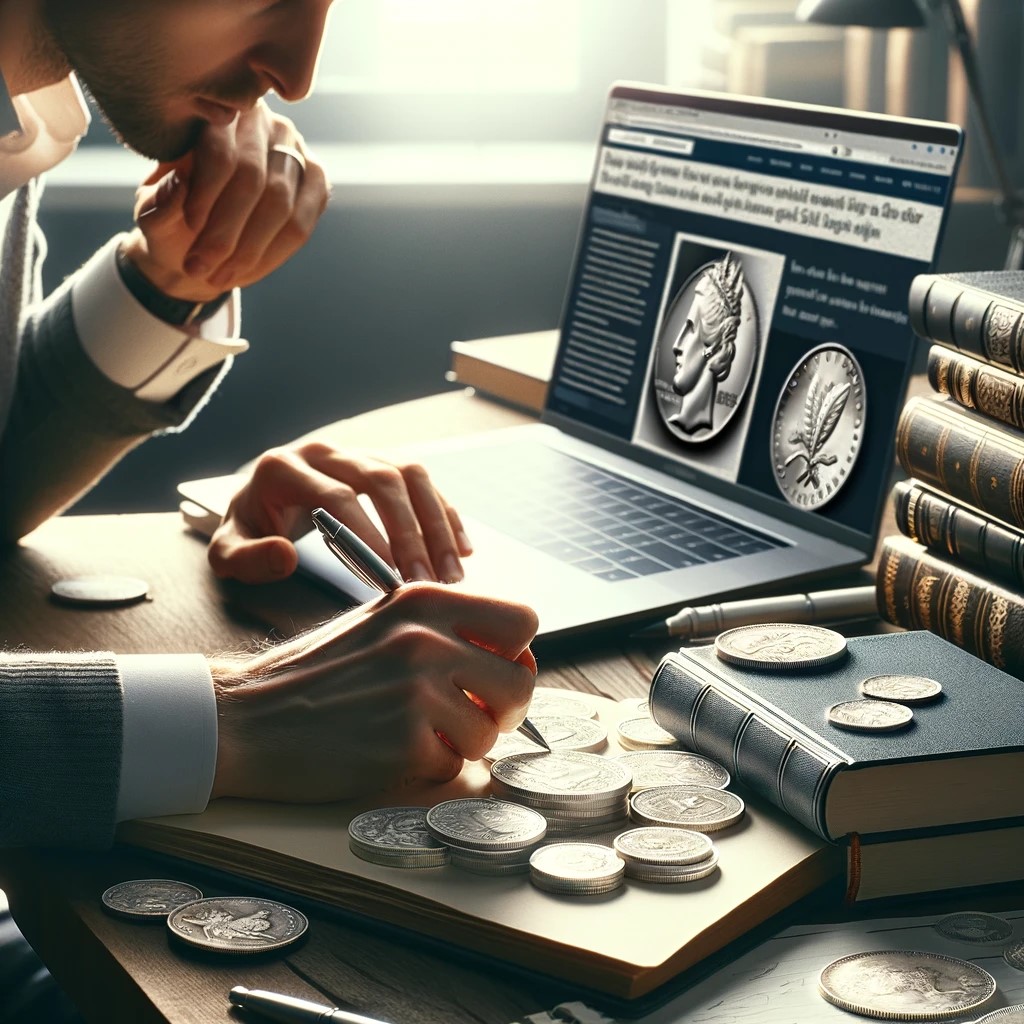
Before selling your silver coins, it’s crucial to research the market to understand their current value. You can use online resources, marketplaces, and local dealers to gauge prices and trends. This research helps you determine the best time and place to sell your coins for the highest possible price. A vital factor in value is the underlying silver spot price. If you’re in no hurry to sell, then tracking this price can help time your trade perfectly.
Organizing your silver coin collection can streamline the selling process. Keep track of each coin’s details, including its type, purity, and condition. Proper organization helps you present your coins accurately to potential buyers or dealers, making negotiations smoother. If you’re missing information due to a lack of preparation it will inevitably cause a buyer to bid lower.
To ensure a successful sale, it’s essential to plan ahead and avoid feeling rushed. Take the time to fully research dealers, understand the selling process, and identify potential buyers. Choose a day to sell when the silver price is up to maximize your profits. Building a relationship with buyers or dealers beforehand can also facilitate a smoother transaction. Providing dealers with a timeframe of 1-2 months could enable them time to match up a buying customer to gain a better price.
Properly caring for your silver coins is essential to maintain their value. Store them in a secure and stable environment to prevent damage or tarnishing. Avoid cleaning the coins, as this can reduce their value and authenticity. Historical coins are meant to look old, so polishing them to within an inch of their life not only threatens to damage the silver but could also reduce their ancient feel. Retain any certificates or documentation related to the coins’ authenticity or provenance to enhance their marketability.
Before selling your silver coins, assess their condition, purity, and authenticity. Evaluate whether any coins are rare or numismatic and consider getting them professionally graded. There’s a cost to doing this, but graded coins can fetch double their ungraded versions, so it may be worth it. Understanding the quality and value of your coins helps you set realistic prices and negotiate effectively with buyers or dealers.
Essential Rules to Maximize Your Selling Price
Your choice of sales avenue should primarily be driven by choosing the option which will yield the highest prices. But other factors also play a role, namely convenience, speed, and reassurance.
Local coin shops offer a convenient option for selling silver coins. Visit reputable shops in your area to get offers from experienced dealers. Selling locally can provide you with immediate payment and a chance to build a relationship with the dealer for future transactions.
Availability of suitable shops will depend on your location with certain city areas such as Hatton Garden tending to cluster them together. For sellers situated more rurally, this may prove an inconvenient option. Prices aren’t likely to be high either as the shop owner needs to turn a profit and they may be reluctant to buy large quantities of coins.
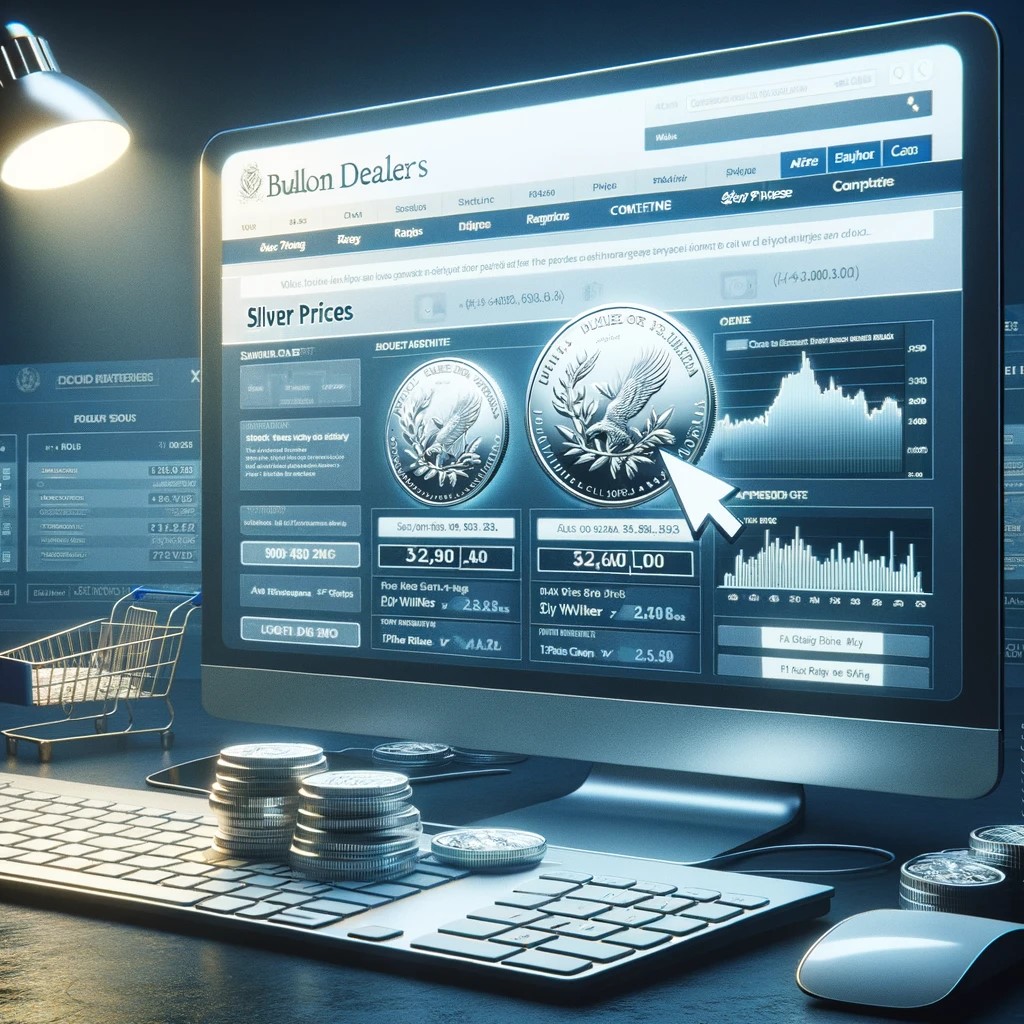
Online precious metals dealers provide a platform to sell silver coins to a broader audience. Research reputable online dealers by searching directories such as the BNTA or rely on word of mouth. Good dealers should show transparent pricing online and secure transaction methods. They may already have a buyback guarantee in place, so if you bought coins from them, selling them should not be a problem.
Using established and accredited silver bullion dealers minimizes your risk and offers a fast and easy transaction. Certainly, the major silver dealers will be the best option if you have a large number of coins to sell.
Some dealers will even insure you sending the coins if they’re located far away. Prices will also likely be below spot price for most bullion coins with modest premiums paid for collectable coins.
Online marketplaces like eBay or Craigslist allow you to list your silver coins for sale directly to buyers. This option gives you control over pricing and negotiations. However, be cautious of scammers and ensure secure payment methods to protect yourself and your coins.
If your coins are rare and you feel they could fetch a high premium to the right buyer, then online marketplaces provide the opportunity to connect with your target audience. If you have time and patience, this can provide decent prices, but site fees need to be factored in.
Selling silver coins directly to collectors through forums, social media, or classified ads can be the most profitable option. Connect with collectors interested in silver coins to find potential buyers willing to pay high prices to complete a collection or source a rare coin.
Direct sales may result in higher prices but be prepared for negotiations and ensure the safety of the transaction. If you have a large quantity of coins, this method could take a large part of your time!
Once you’ve researched the selling market, prepared your collection as best possible, and identified the appropriate selling party, it’s now time to strike the deal. This part of the transaction can also impact your selling price so due care is advised.
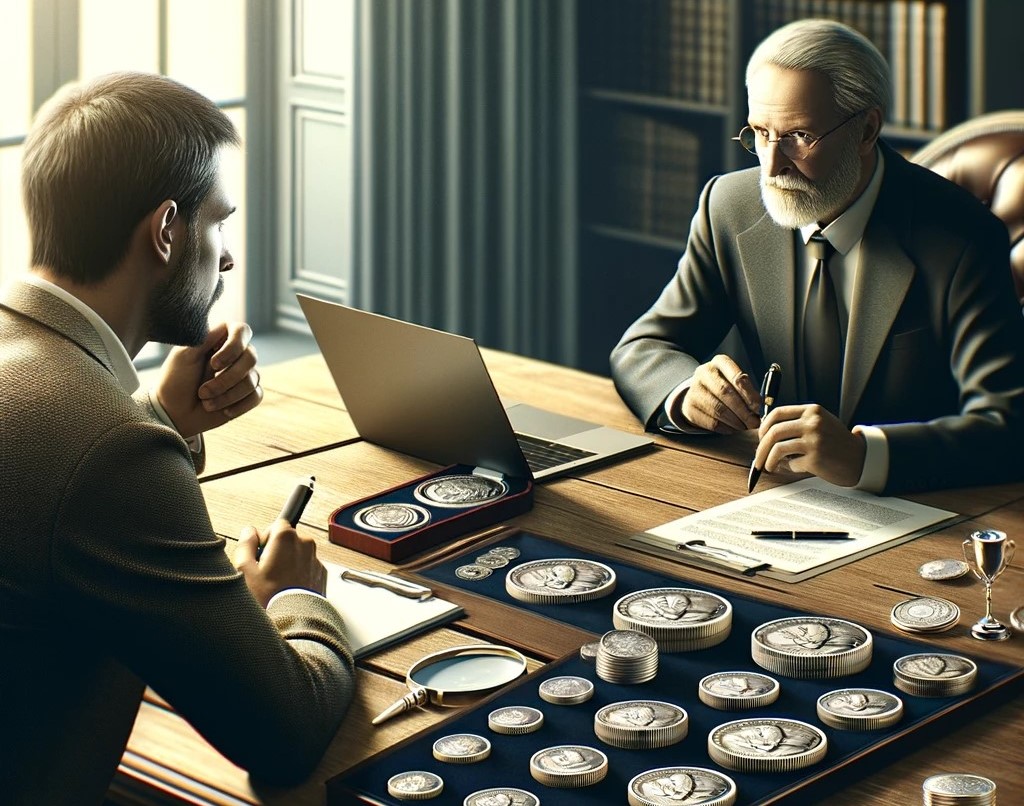
When selling your silver coins, be prepared to negotiate offers from buyers or dealers. Consider factors such as the current market value of silver, the condition of your coins, and the urgency of the sale.
Be open to reasonable offers but also know your bottom line. Negotiating may involve discussing pricing, payment terms, and any additional fees.
The best dealers may be able to pair your sale with one of their buying customers to improve prices. But this process requires communication, planning, and time.
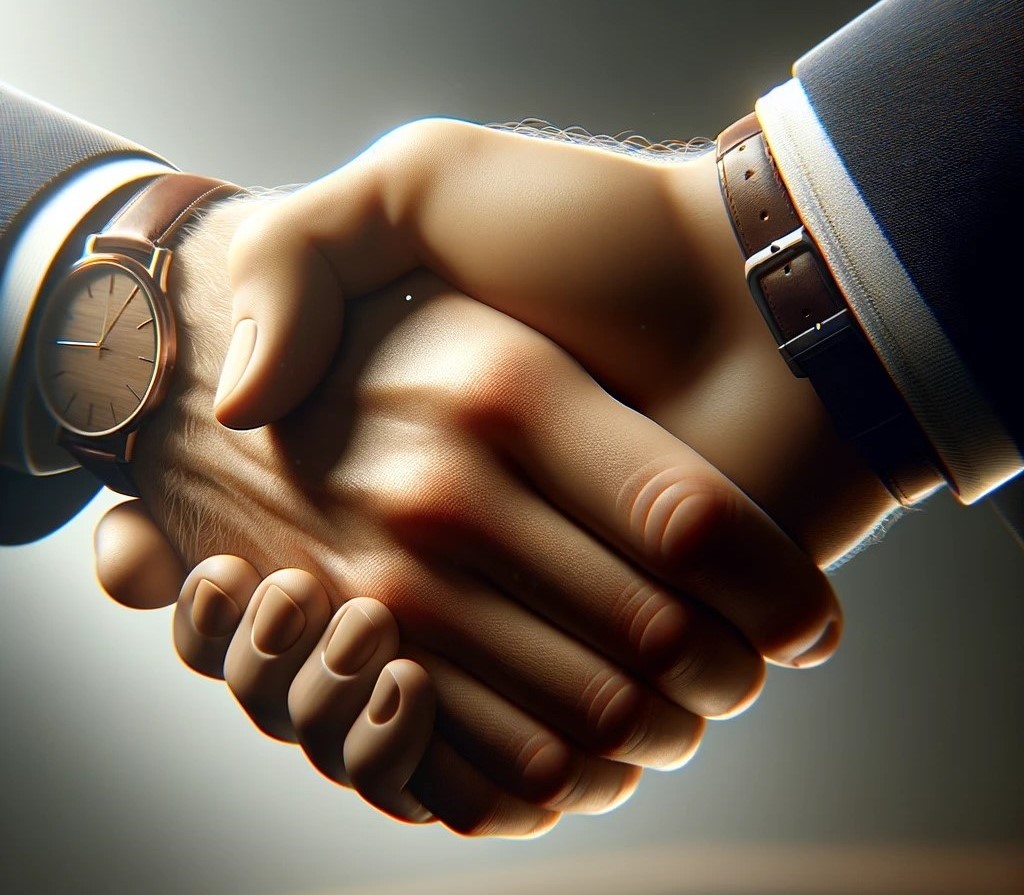
Once you’ve agreed on terms with the buyer or dealer, it’s time to finalize the sale. Ensure that all details of the transaction are clearly outlined and agreed upon, including the price, payment method, and any shipping or delivery arrangements.
Double-check the accuracy of the transaction before completing it to avoid any misunderstandings or disputes. It’s always best to secure and agree a price before sending coins off to a dealer or shop.
Obtain an email confirming the price is locked in, otherwise unscrupulous dealers may lower prices once they have your silver coins.
Before selling your silver coins, be aware of the potential tax implications. When you purchase physical silver, the price paid included VAT. Be aware that you will not receive VAT you’re your buyer, so this 20% buffer needs to be factored in.
Depending on your jurisdiction and the profit made from the sale, you may be subject to capital gains tax. CGT is chargeable for UK residents on profits made from non-UK silver coins and bars. But the sale of UK legal tender coins such as Britannias is exempt from this liability.
Silver coins are generally easy to sell due to their intrinsic value and high demand among investors and collectors. You can sell them through local coin shops, online dealers, marketplaces, or directly to collectors. Ensure you research the market and choose a reputable buyer to streamline the selling process.
You have several options, including local coin shops, online precious metals dealers, online marketplaces, and direct sales to collectors. Rare coins are best sold direct to collectors who may pay a healthy premium. If you need to sell a large quantity of silver coins, then a dealer is ideal.
The value of your silver coins depends on factors like purity, condition, rarity, and market demand. Researching current market prices and consulting with experienced dealers can help you determine their real value as Ebay listings can be over-optimistic.
It’s generally recommended to avoid cleaning silver coins as it may diminish their value and authenticity. Handling silver too much can cause tarnishing. Proper storage and handling can help maintain their condition.
Retain any certificates or documentation related to the authenticity or provenance of your silver coins if they were issued with one. This can enhance their marketability and provide reassurance to buyers.
Yes, depending on your jurisdiction and the profit made from the sale, you may be subject to capital gains tax. Consult with a tax professional to understand your obligations and any exemptions or deductions that may apply.
Live Gold Spot Price in Sterling. Gold is one of the densest of all metals. It is a good conductor of heat and electricity. It is also soft and the most malleable and ductile of the elements; an ounce (31.1 grams; gold is weighed in troy ounces) can be beaten out to 187 square feet (about 17 square metres) in extremely thin sheets called gold leaf.
Live Silver Spot Price in Sterling. Silver (Ag), chemical element, a white lustrous metal valued for its decorative beauty and electrical conductivity. Silver is located in Group 11 (Ib) and Period 5 of the periodic table, between copper (Period 4) and gold (Period 6), and its physical and chemical properties are intermediate between those two metals.